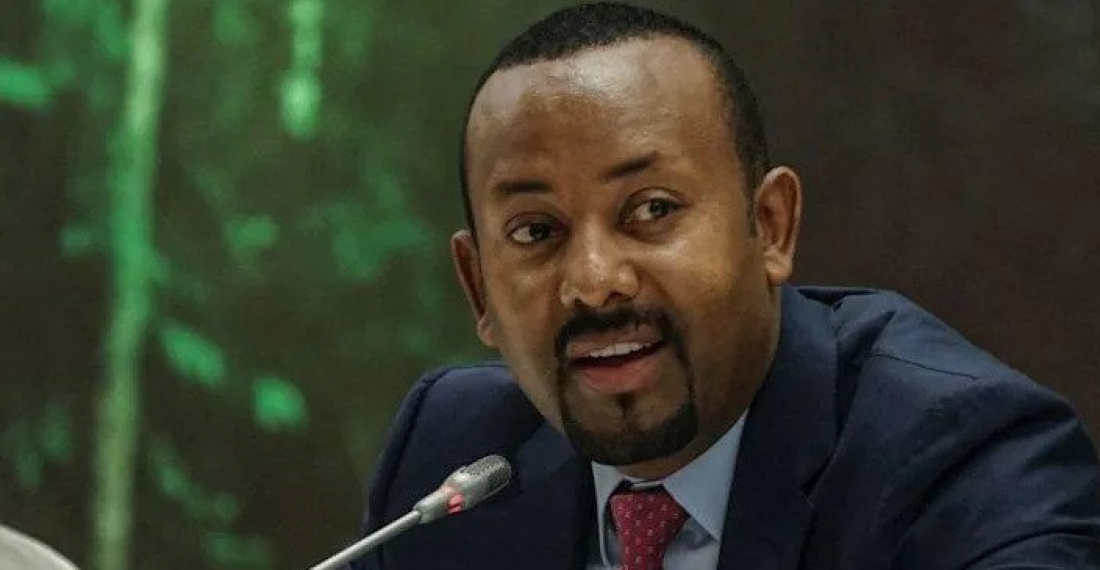The prime minister of Ethiopia, Abiy Ahmed, has said that the government wants a "peaceful, democratic" election and urged for unity ahead of the country's approaching election next week.
"We are facing an election that will develop or destroy our country, build it or demolish it. We, Ethiopians, firmly know that the division that has been borne out of conflict is not a better option. I want to call again for an agreement and for the protection and prosperity of our country"
The reputation of the Nobel Peace Prize-winning Abiy Ahmed has declined over the last few months as the Ethiopian government waged a military campaign in the Tigray region. UN agencies are still warning about the humanitarian situation caused by the military campaign.
The United States on Friday expressed concern over the conditions in which Ethiopians will vote, saying that ethnic violence and detention of opposition figures will raise doubts about the vote's credibility.
Abiy Ahmed became prime minister in April 2018 and his unifying message found an echo across linguistic and political divides paving the way for a transition to peace and democracy. Many hoped the trend will continue during the scheduled elections of August 2020 but the pandemic led to a controversial postponement of the elections in a context of heightened distrust and political tension leading to the Tigray war.
The election will not be held in Tigray where the security situation is fragile even after Ahmed's government declared victory in November 2020.







